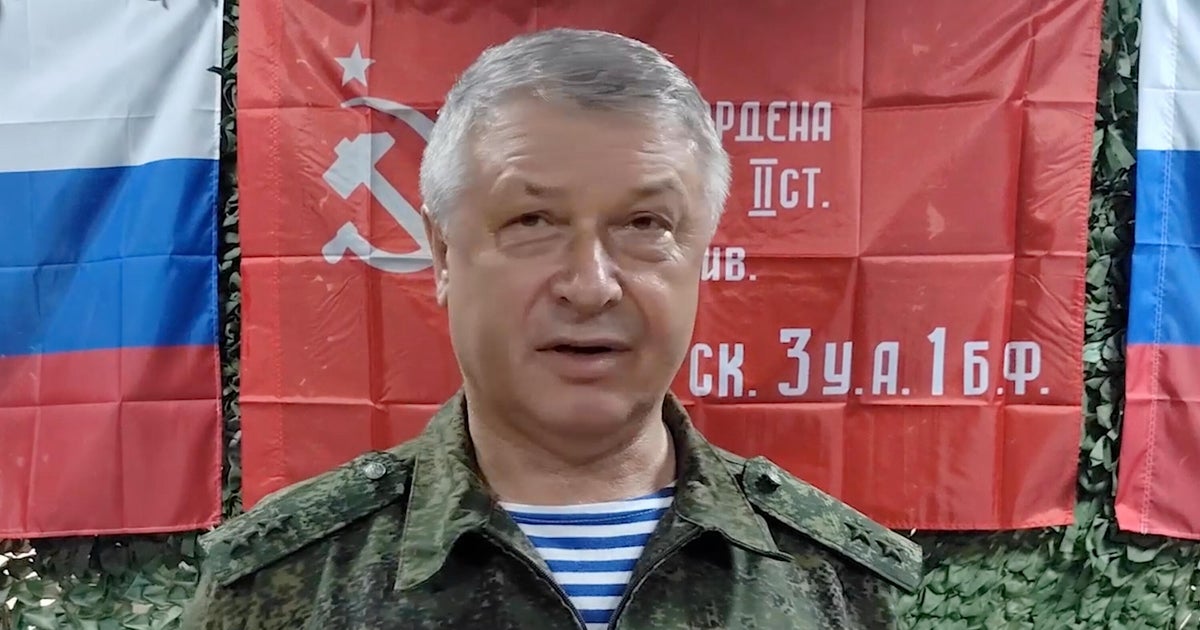Bipartisan lawmakers call on Biden to speed up lethal aid to Ukraine
Bipartisan lawmakers on the House Armed Services Committee came away from a three-day visit to Ukraine alarmed by Russia's rapid military buildup on the border and urged the Biden administration to "cut the red tape" in order to speed up lethal aid to Kyiv.
Congressmen Ruben Gallego, Michael Waltz and Seth Moulton — all military veterans serving on the committee — told reporters that proactive measures, including economic sanctions and weapons procurement, were key to deterring Russia from launching a military incursion.
"This is about speed," Moulton, a Massachusetts Democrat, said at a virtual news conference Tuesday. "[Russian President Vladimir] Putin is moving very quickly…It's now up to the administration to respond quickly, and that's exactly what we, as legislators, are pushing them to do."
"We need to be more focused on preventing an invasion than just responding to one," he said.
"We need to help Ukraine 'porcupine' themselves and raise the cost now," said Waltz, a Republican from Florida. "We're talking about helping the capability, the will of our Ukrainian allies, who made it clear to us they intend to fight if Putin does the worst and conducts a partial or full-scale invasion."
"The more that we can show that there will be resistance, the less likely they'll want to get bogged down in a war in Ukraine," Gallego, a Democrat, said in a separate interview Tuesday with CBS News. "I think Putin understands at least one thing: if he gets into war in Ukraine and doesn't win it, it is part of an existential threat to his to his ability to hold power."
Gallego, who chairs the House Armed Services Subcommittee on Intelligence and Special Operations, also said assessments of Russia's buildup he had reviewed from both the U.S. intelligence community and the Pentagon suggested all the lights were "blinking red."
Over the past two months, Russia has massed more than 100,000 troops near its border with Ukraine, prompting fears of an invasion as early as January, according to U.S. intelligence assessments. U.S. officials have also accused Moscow of mounting an aggressive information operation to destabilize Ukraine politically, undermine its social cohesion and pin blame for any escalation on Kyiv and NATO.
The Pentagon's press secretary, John Kirby, said Tuesday there had been no indication that Russia had begun moving its troops away from the Ukrainian border, despite direct talks between Presidents Biden and Putin last week.
The Biden administration has prioritized diplomatic engagement since the buildup began. White House press secretary Jen Psaki said Tuesday that the administration was consulting "closely" with European allies on the potential launch of security discussions with Russia. Assistant Secretary of State Karen Donfried this week traveled to Kyiv and Moscow for continued talks.
"Our objective continues to be to keep this on a diplomatic path and for that to lead to de-escalation," Psaki said.
In a press conference in Brussels, NATO Secretary General Jens Stoltenberg said the alliance continued to "stand ready to engage with Russia."
Gallego, Moulton and Waltz warned on Tuesday that protracted diplomatic efforts risked emboldening Moscow. Putin, they said, had positioned himself to pursue multiple options, from continued political destabilization designed to undermine the Ukrainian government to cutting off electricity, gas or coal imports, to a full-scale invasion.
"If Putin invades I want him to know that he'll have trouble buying a soda from a vending machine in the next five minutes, not that NATO will convene a conference to debate what to do next over the ensuing several weeks," Moulton said.
"The next round of lethal aid is literally sitting on [President Biden's] desk," Waltz said. "The Ukrainians are practically begging for it."
"This is a policy issue, and we hope to see some important shifts in policy," he said.




